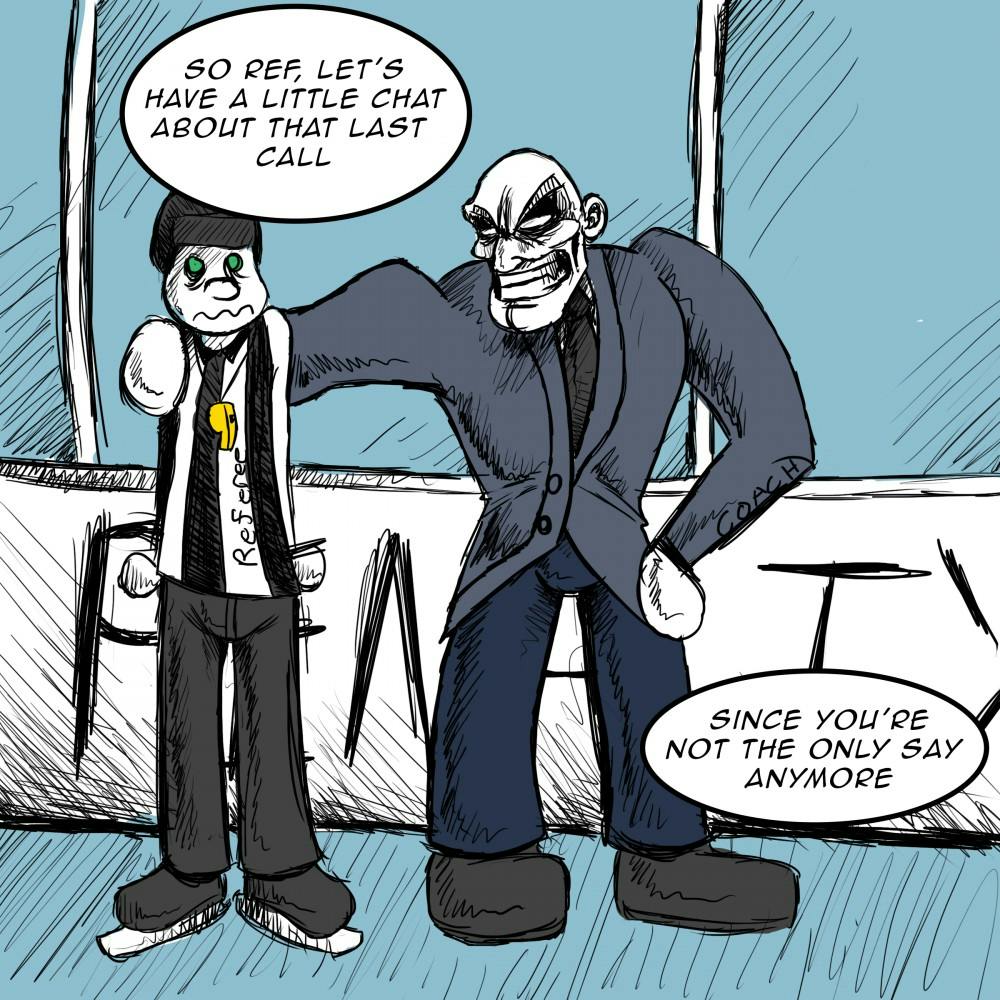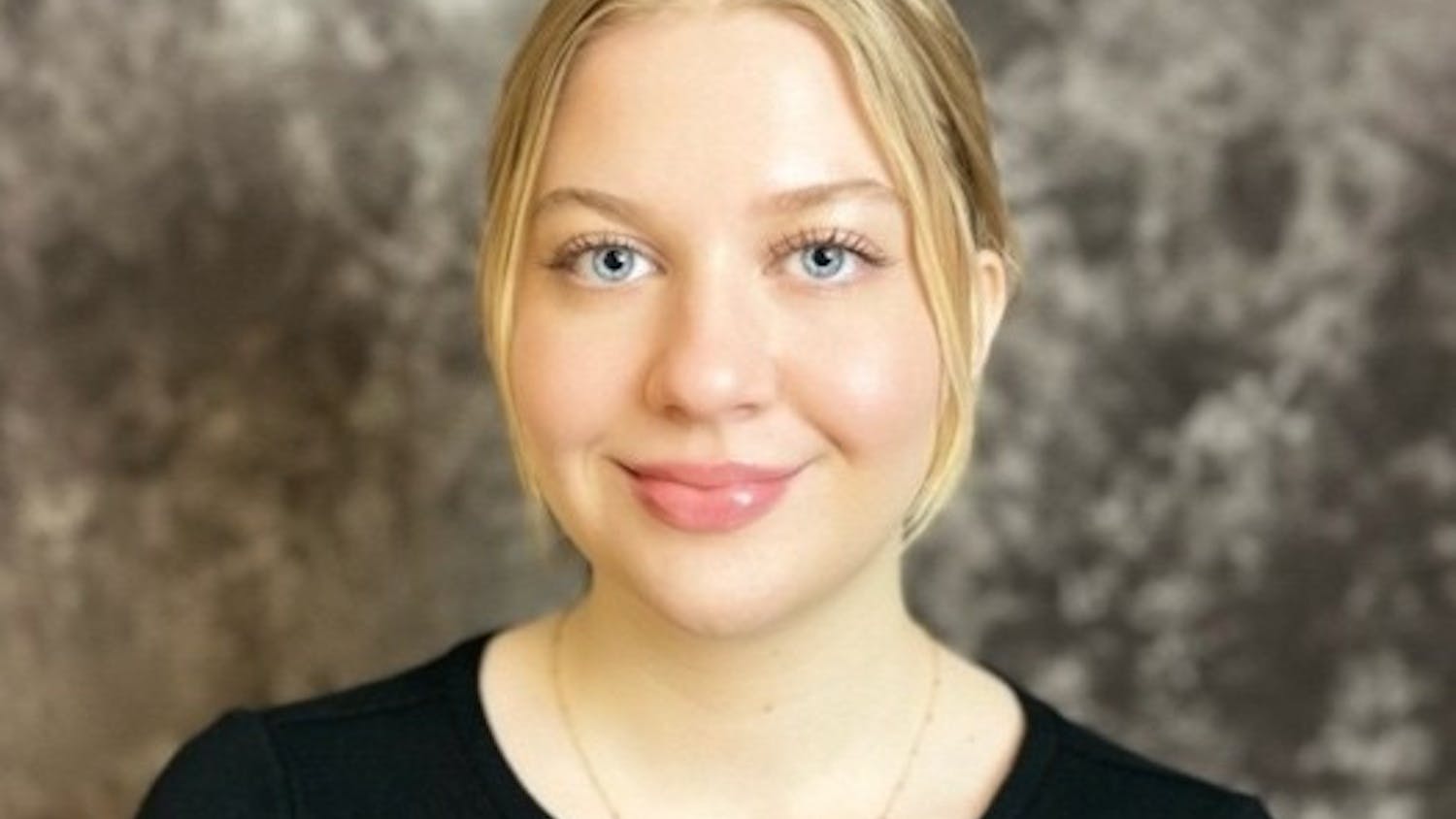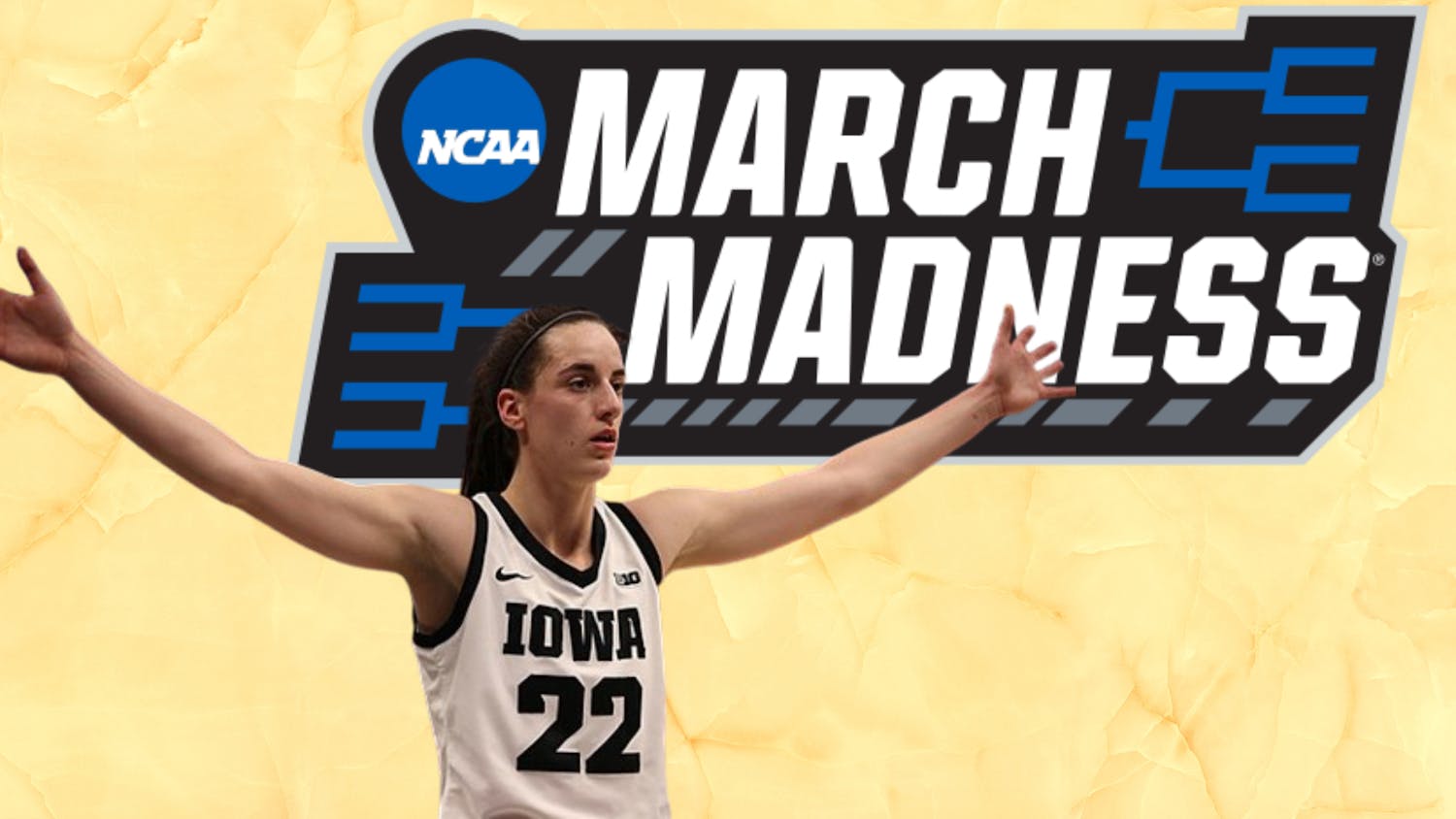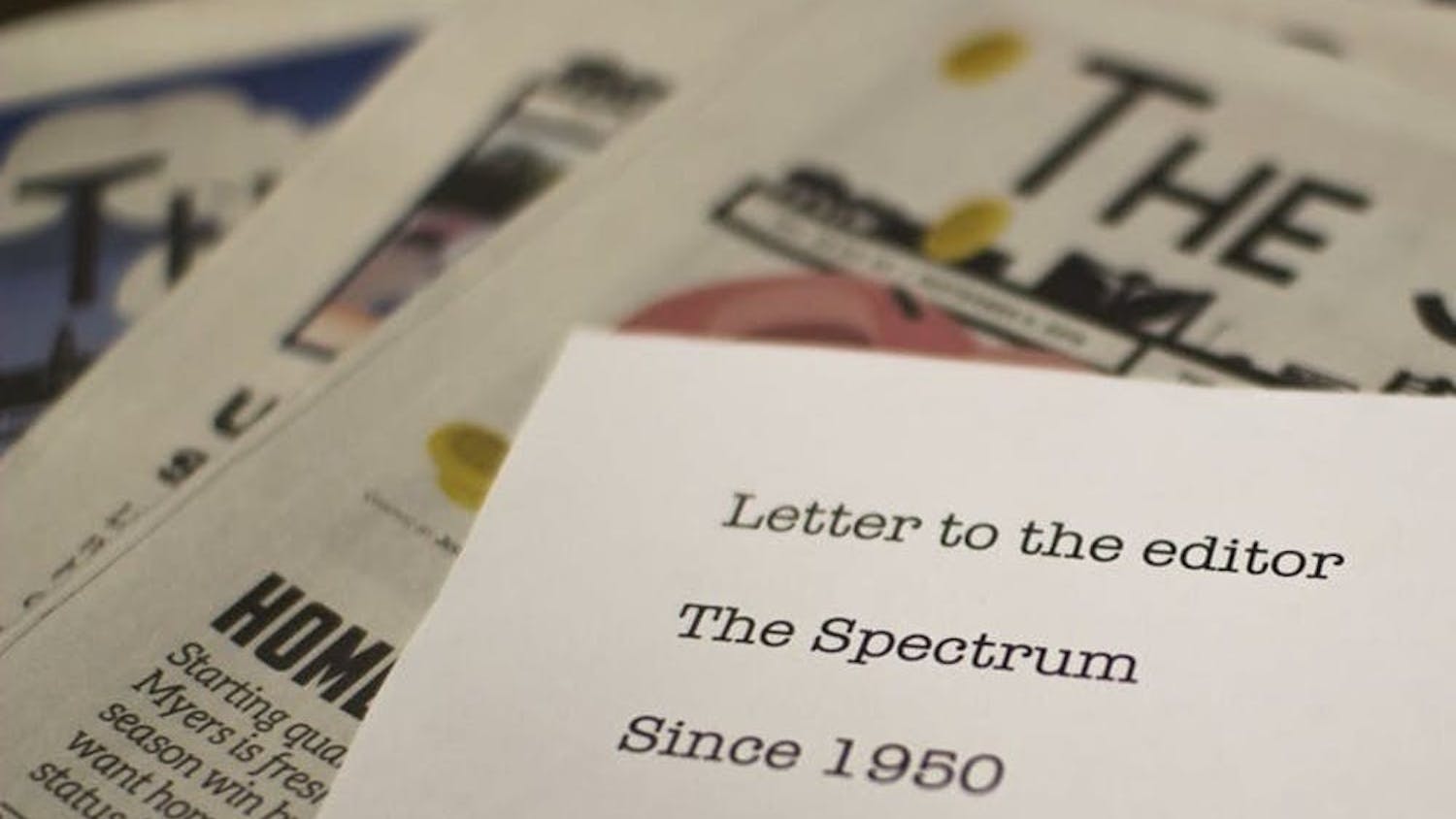It didn’t take long to see how this season’s new rules would affect the National Hockey League.
At the Buffalo Sabres’ season opener, Evander Kane had his first goal as a Sabre negated after it was determined by coach’s challenge that his teammate Zemgus Girgensens was offsides. This seemed to stop the momentum the Sabres had after Jack Eichel scored his first NHL goal only a few minutes earlier. The Sabres went on to lose to the Ottawa Senators 3-1.
Despite the Sabres’ goal being disallowed, the addition of the coach’s challenge is a good one.
The new rule is still in its infancy and can only be applied to two different situations. A coach can only challenge a goal that resulted from a potentially offsides play or if the goaltender was interfered with. The team must still have its timeout available in order to challenge and if the challenge fails, it lose the timeout.
A replay system can be extremely effective if it is used properly. Anyone who is a sports fan can understand the frustration that comes with seeing an obviously blown call. A challenge system can help eliminate the error that a referee might make in the heat of the moment.
Effective use of the replay and coach’s challenge has been seen in the MLB and is commonplace in the NFL. Its use will allow teams to not have to worry about referees who may miss calls and can check them when there are doubts. Typically in the NHL, what the referees rule is final and they are the ones who traditionally decide when a call should be reviewed.
The Sabres looked to be on the verge of a comeback win when Evander Kane scored. This could have completely changed the outcome of the game and it would have come from an error a referee made rather than the efforts of the team.
Nonetheless, blown calls have always been a part of the game.
Referees are human too and sports have always had a human element to them. Instituting a challenging system takes away from that element and can even take legitimacy away from the referees. It would be a shame to see the rule expanded so much that coaches were able to challenge any sort of play. The NHL should institute rules that establish which kinds of plays will never be subject to challenge and keep strict limits on those that can and the number of times a coach can challenge goals.
From phantom baseball tags to obviously offside hockey players to clear handballs in soccer, the blown call knows no bounds. There have been numerous instances that a blown call has altered the course of sports history. In game six of the Stanley Cup finals in 1999 against the Dallas Stars, Brett Hull of the Sabres scored a series-clinching goal in triple overtime. His foot was in the crease but the puck was not, and the NHL ruled that Hull kicked the puck with his skate while still outside the crease into a shooting position and disallowed the goal. The infamous “no goal” awarded the Stanley Cup to the Stars
It will be interesting to see how the coach’s challenge continues to be used this season. The NHL is wise to implement this rule slowly and with specific boundaries. If it is successful, the NHL should consider adding instances that can be challenged, but also specifying which plays will not be subject to challenge.
It is important to balance the human element of hockey with what should rightfully be the outcome of a game. The addition of a narrow coach’s challenge will still allow for the human element of hockey to remain but let coaches correct potential errors that referees may make.
The editorial board can be reached at editorial@ubspectrum.com.





